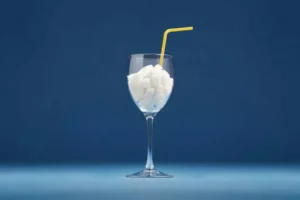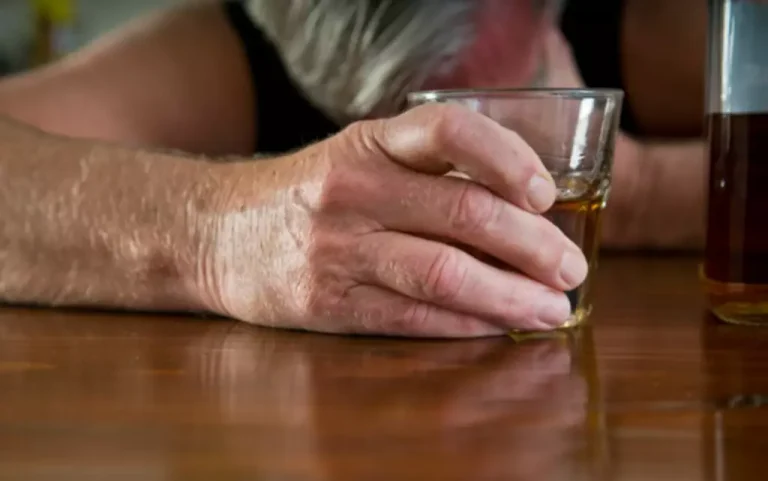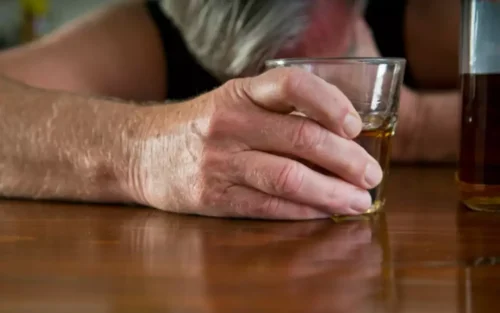
Understanding the effects of alcohol on sleep is the first step toward preventing alcohol-related sleep problems. While drinking alcohol before bedtime may help you feel relaxed and sleepy, enjoying a nightcap puts you at risk of experiencing does alcohol help you sleep repeated wakings and low-quality sleep later in the night. With as many as 35% of American adults suffering from symptoms of insomnia, it’s understandable that there’s a strong desire to take advantage of food and drinks for better sleep. But sleep is a complicated process affected by many things including mental health, light exposure, daytime activity, and underlying physical issues. When alcohol has been introduced to the sleep cycle, the functions of the brain are impeded, and the cycles become disrupted. This is particularly true if you drinkwithin an hour of bedtime.
Can’t Sleep Without Alcohol? Issues With Drinking To Fall Asleep

Some sleep-promoting drinks are high in compounds like tryptophan and melatonin, while others encourage sleep by easing pain and discomfort in the evenings. Unless you’re lactose intolerant or have a milk allergy, there’s no harm to giving this bedtime ritual a shot. Moon milk is a traditional Ayurvedic remedy for insomnia made by adding ashwagandha, cardamom, cinnamon, and nutmeg to warm milk.
Responsible Consumption and Sleep Hygiene
- First off, while wine and other alcohols have notorious sedative effects, it’s important to note that these drinks also have calories, which means they give us energy, too.
- Having the occasional nightcap to unwind is no biggie and may help you fall asleep faster.
- If you’ve had a lot to drink, you might even have a hangover to contend with the next night, which won’t make sleeping any easier.
- It’s a little bit of a chicken and an egg situation; troubles with insomnia can be made worse by alcohol consumption.
- However, it’s important to note that even these moderate amounts can still impact sleep quality.
- RISE can tell you when to do 20+ sleep hygiene habits at the time that makes them the most effective for you.
- It may be due to an underlying sleep disorder, such as insomnia.
People who wake up feeling unrefreshed may be more likely to rely on alcohol again to help them sleep the next night, leading to a counterproductive pattern of alcohol use. Alcohol increases levels of adenosine, a key component of the homeostatic drive. The homeostatic drive is responsible for keeping our body balanced, and it’s one of the major mechanisms that regulates the sleep-wake cycle. The homeostatic drive prompts sleep by boosting levels of adenosine when we’ve been awake for too long. “Never drink if you’re also taking sleeping pills or another sedative,” Dr. Shelgikar says.
Dr. Abhinav Singh,
Studies have found conflicting information about how alcohol affects REM sleep. Alcohol appears to consistently delay the first REM sleep episode, and higher doses of alcohol appear to reduce the total amount of REM sleep. Suppressing REM sleep can have detrimental consequences for memory consolidation and other cognitive processes. Give yourself a cutoff of at least three hours prior to hitting the hay (longer if you drink more). According to the NIAAA, that’s approximately how long it takes an adult to metabolize one drink on an empty stomach.

“First of all, it increases our initial deep sleep, disrupting our sleep stages’ overall balance,” he said. Although experts can’t be certain that alcohol directly causes insomnia, numerous studies have found a link between this sleep disorder and alcohol consumption. More than 70% of those with alcohol use disorder (AUD) also experience alcohol-induced sleep disorders, such as insomnia, according to scientists in a 2020 review. Regular drinking has also been linked to shorter periods of rapid eye movement (REM) sleep, a disrupted circadian rhythm, and snoring.

